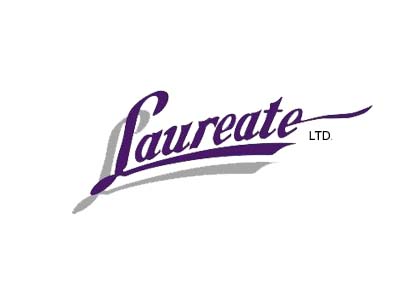Being a landlord in Denver comes with its own set of responsibilities and challenges, and one of the most critical aspects of this role is handling security deposits. As the calendar flips over to 2024, the rules and regulations surrounding security deposits in the Mile-High City continue to evolve.
In this blog post, we will break down the four most vital aspects of managing security deposits as a Denver landlord in 2024. Our aim is to provide clear and concise guidance that makes this sometimes complex topic easy to understand. Let's get started.
1. Maximum Security Deposit Limits
In Colorado, there is no strict maximum limit on the amount of security deposit a landlord can request. However, it's essential to exercise fairness and prudence when determining this figure. A commonly followed guideline is not to charge more than two times the monthly rent for an unfurnished property.
While you have the flexibility to set the deposit amount, it's generally in your best interest to be reasonable to avoid discouraging potential tenants with excessively high upfront costs. Balancing your need for security with the affordability of your rental property is key to attracting and retaining tenants in the competitive Denver rental market.
2. Timelines for Returning Deposits
Returning security deposits in a timely manner is not only a legal requirement but also a matter of good practice. It plays a significant role in maintaining a harmonious landlord-tenant relationship. Denver landlords must return the security deposit within 30 to 60 days after the lease term concludes.
If any deductions are made, you should provide a detailed itemized statement explaining the reasons for these deductions along with the remaining balance. Clear communication in this regard can prevent misunderstandings and disputes.
3. Holding Security Deposits
How you handle security deposits, particularly where you keep the funds, is another critical consideration. Denver's regulations mandate that security deposits must be held in a separate interest-bearing escrow account. Moreover, tenants should receive information about this account within 30 days of you receiving the deposit.
This ensures that tenants' funds are protected and have the potential to accrue interest. Keeping meticulous records of these accounts is essential, as you may need to provide evidence in case of any disputes.
4. Documenting Property Condition
While it may not be a legal requirement, it's highly advisable for Denver landlords to thoroughly document the condition of the property before a tenant moves in.
This includes taking photographs and notes regarding the state of the property, including any existing damages, wear and tear, or areas that might need attention. This documentation can help prevent disputes when it comes time to return the security deposit.
Things to Know About Security Deposits
Security deposits are a crucial aspect of the landlord's journey, and understanding the key principles is essential. We've explored the maximum deposit limits, timelines for returning deposits, and more in this quick guide.
One property management company in Denver, CO, that knows the ins and outs of this ever-evolving market is Laureate LTD. Our expertise and experience can guide landlords through the intricacies of security deposits and other aspects of rental management.
Contact us today to learn more. We look forward to speaking with you.



